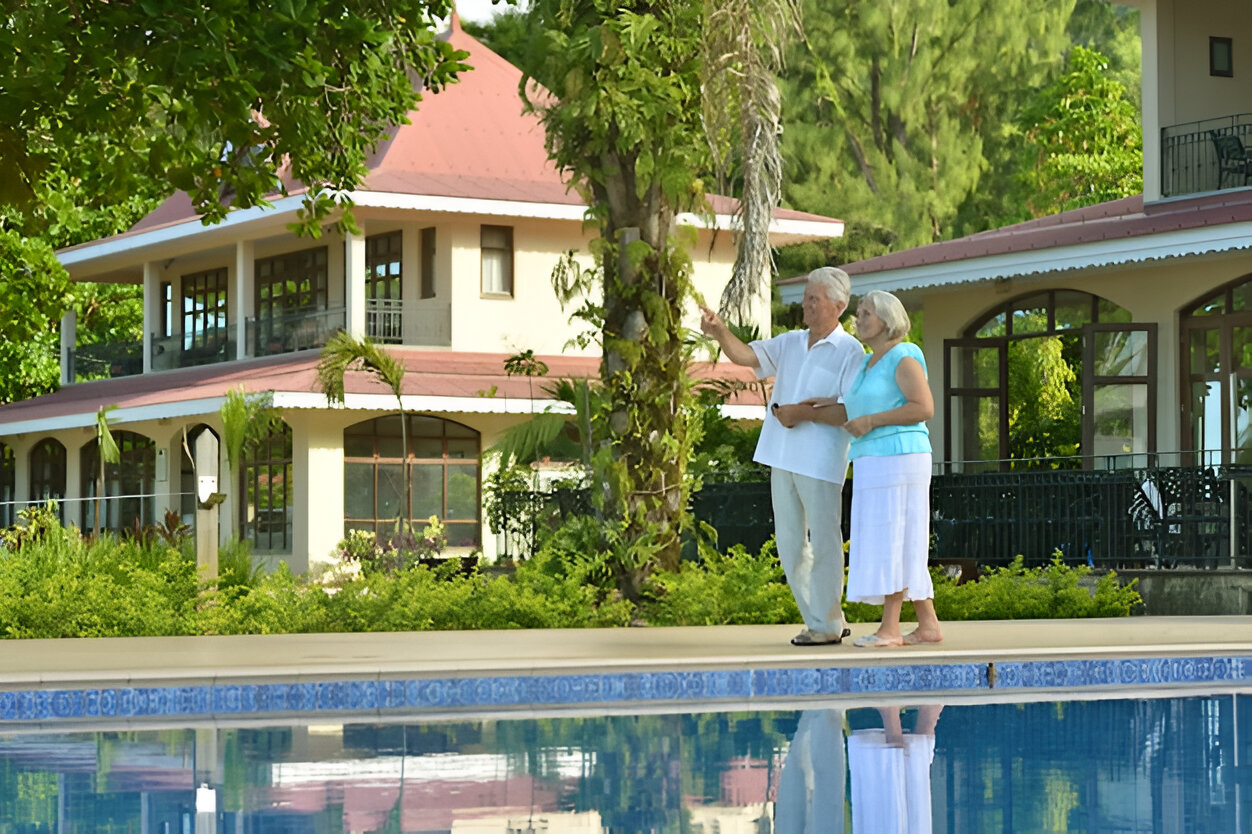
The Importance of Staying Active in Retirement
Retirement is a time to enjoy life, not a time to withdraw from it. Staying active through games helps:- Maintain mobility and balance
- Improve mental alertness
- Reduce stress and anxiety
- Encourage social bonding
- Provide daily structure and purpose
Indoor Games: Stimulating the Mind and Strengthening Bonds
All seasons and skill levels may enjoy indoor games. They promote mental stimulation and provide a comfortable environment for seniors who may have limited mobility. Some of the most popular indoor games in senior communities include:1. Board Games and Card Games
Games that test memory, focus, and decision-making abilities include chess, carrom, bridge, rummy, and Scrabble. They are more than just recreational activities. Regular play helps keep the brain sharp and even delays cognitive decline. These games also serve as daily rituals where residents gather around a table, share stories, and build friendships.2. Puzzles and Brain Teasers
Crosswords, Sudoku, jigsaw puzzles, and memory games promote logical thinking and problem-solving. Group puzzle-solving, in particular, fosters teamwork and communication, while giving the brain a gentle but effective workout.3. Indoor Bowling or Ring Toss
Light physical games like indoor bowling help improve hand-eye coordination and reflexes. They are safe, require minimal movement, and offer a sense of achievement, especially when played in teams or leagues.4. Bingo Nights and Trivia Challenges
Organized bingo or quiz nights are a community favorite. These events not only bring laughter and fun but also improve listening skills, alertness, and social interaction. Adding themed trivia about music, history, or movies makes it even more exciting.Outdoor Games: Encouraging Movement and Joy
Outdoor games bring fresh air, sunlight, and a different kind of energy. Being outdoors enhances mood, increases Vitamin D levels, and provides opportunities for gentle exercise. The following are a few well-liked outdoor games and pastimes in senior communities:1. Lawn Games
Bocce ball, croquet, and lawn darts are low-impact, enjoyable games suited for seniors. These activities support coordination and mild physical exertion while offering social fun.2. Walking Clubs and Nature Trails
While not games in the traditional sense, walking clubs often include gamified elements like step goals, nature scavenger hunts, or storytelling walks. These offer social interaction in addition to health advantages.3. Tai Chi and Yoga with a Twist
Some senior homes turn traditional wellness routines like yoga or Tai Chi into group games, adding elements like memory challenges, themed music, or synchronized poses. A combination of mental and physical activity is produced as a result.4. Garden Club Competitions
Residents can participate in friendly garden contests such as “Best Flower Bed” or “Most Unique Plant.” These competitions not only keep seniors active but also foster a sense of pride and ownership in the shared community space.Emotional Benefits of Games in Senior Living
Games aren’t just physical or mental exercises—they have deep emotional value too.- Reduced Feelings of Isolation: Group games naturally encourage interaction, laughter, and companionship. For seniors who may be dealing with loneliness, these shared experiences offer emotional relief.
- Improved Self-Esteem: Winning a game, learning a new skill, or leading a team can boost confidence and create a renewed sense of purpose.
- Stress Reduction: The joy and distraction that games provide help reduce stress and anxiety. Whether it’s a casual card game or a lively round of Pictionary, these moments offer therapeutic release.
Social Connectivity and Community Building
One of the most significant advantages of organized games in retirement homes is their ability to build community. They encourage seniors to:- Interact with neighbors regularly
- Discover shared interests
- Work as part of a team
- Participate in larger community events and celebrations

Games as a Gateway to Lifelong Learning
Games are also a gateway to curiosity and continuous learning. Many senior living communities incorporate meaningful games and workshops that mix fun with learning.- Language games for those learning a new language
- Memory games focused on geography, history, or current affairs
- Artistic games that involve painting challenges or poetry jams
Tips for Creating an Inclusive Game Culture in Senior Homes
To make the most of game-based engagement, senior communities should:- Offer a mix of physical, mental, and creative games
- Ensure accessibility for all physical and cognitive levels
- Celebrate participation more than competition
- Encourage resident-led game ideas and leadership
- Rotate games regularly to maintain interest
